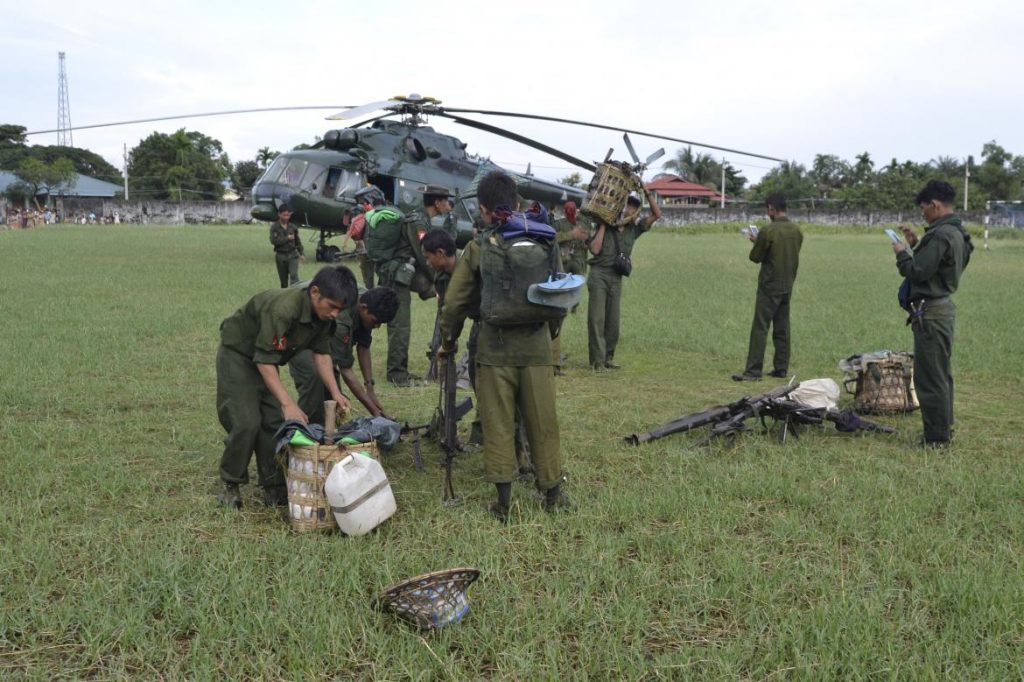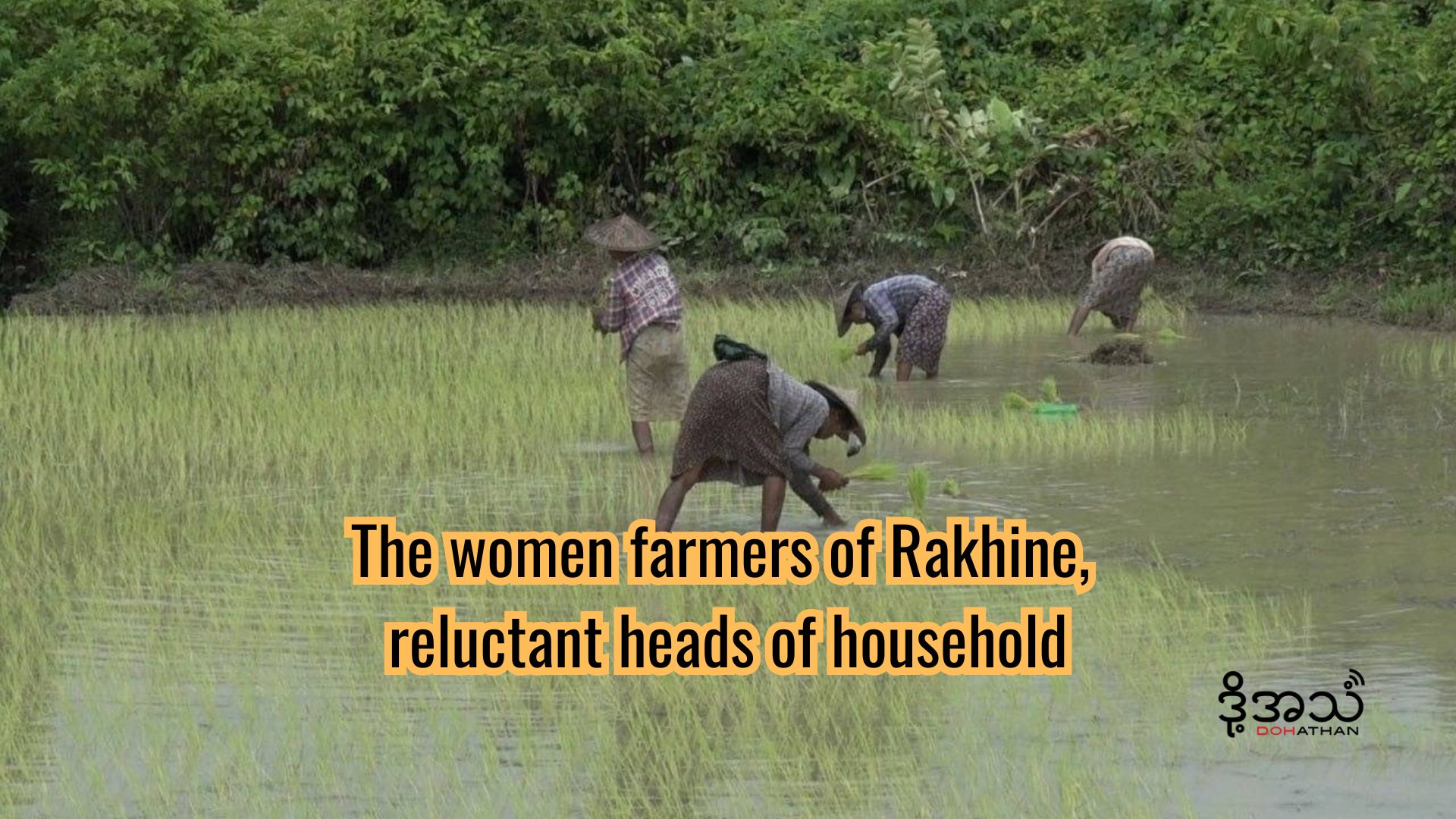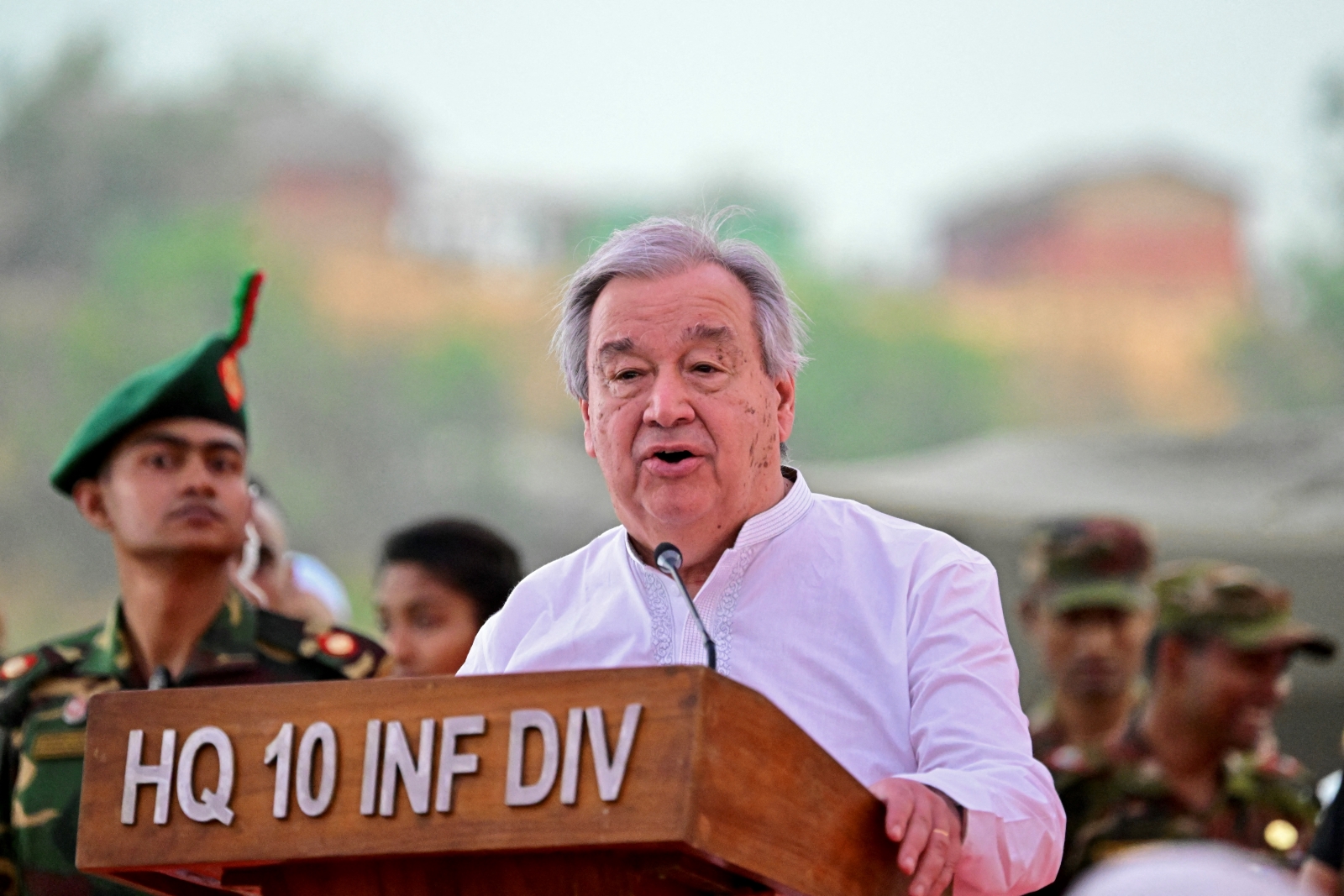MAUNGDAW – Combined forces from the Tatmadaw and Border Guard Police have killed seven alleged militants after days of violence in Maungdaw Township, northern Rakhine State.
Militants from what the police said were the Rohingya Solidarity Organisation attacked a BGP outpost shortly after midnight on October 9, in fighting that continued the following day. Nine BGP officers and seven militants were killed in the initial attacks, on two posts in Maungdaw and one in neighbouring Rathedaung Township.
At a press conference in Nay Pyi Taw on October 9, police general U Zaw Win said the attackers had shouted they were Rohingya. He did not mention the RSO by name and said police were interrogating two suspected militants apprehended during the attack.
As part of a clean-up operation, on the morning of October 10 forces from the BGP and Tatmadaw were searching Myothagyi and Thaung Paing Nyar, two villages in Maungdaw Township, when they came under armed attack, according to local officials.
In response to the gunfire, authorities killed seven militants, said a police officer who spoke to Frontier on the condition of anonymity. Four deaths occured in Myothagyi around 9am on the morning of October 10, and three in Taung Paing Nyar that evening.
Support more independent journalism like this. Sign up to be a Frontier member.
“The Tatmadaw was clearing the village, but met resistance from gunfire even though the military was there in large numbers,” said the official.
Myothagyi has a population of more than 4,000, mostly Muslims who self-identify as Rohingya. There are many Muslim villages and three Rakhine villages in the Myothagyi village tract.
“I was told that four people [Muslims] were dead yesterday in Kwamjan [a small village close to Myothagyi], and in another village three were killed,” said Rawshee Tarmiz, who is staying in Myothagyi for work.
The two suspects apprehended in the fighting have been taken to the state capital Sittwe for trial.
There has been no official confirmation that the RSO was responsible for the October 9 attack. The RSO was established in the early 1980s but its existence as a fighting force in more recent decades has been questioned.
In 2014, the government blamed the RSO for a series of attacks on Border Guard Police patrols in Maungdaw, including one that left four officers dead.
But in an October 2014 report, Brussels-based think-tank International Crisis Group said that most regional security experts believed that the RSO had in recent years been “essentially defunct as an armed organisation”.
However, it also noted that the 2012 communal conflict had resulted in some efforts to revive the organisation. It warned that while Rakhine State’s Muslims were “not ripe for radicalisation”, there were “huge risks” that discrimination and increasing political marginalisation would push some Rohingya toward violent extremism.







